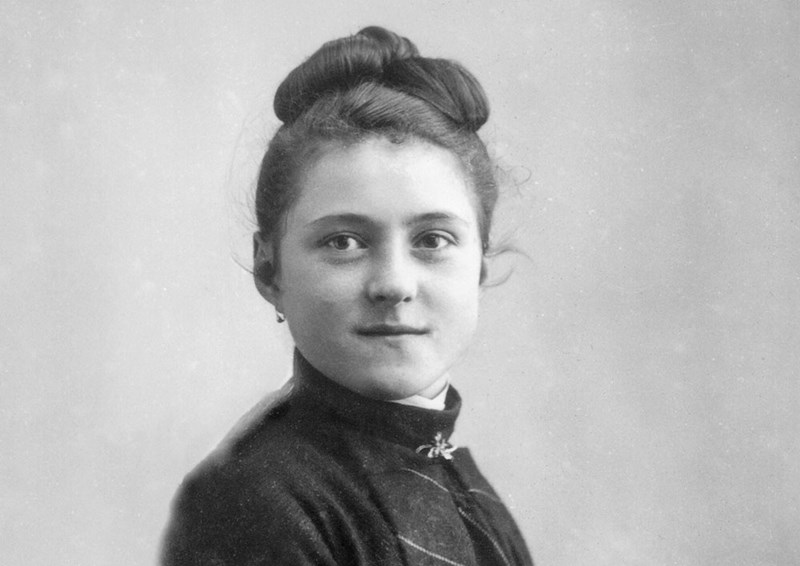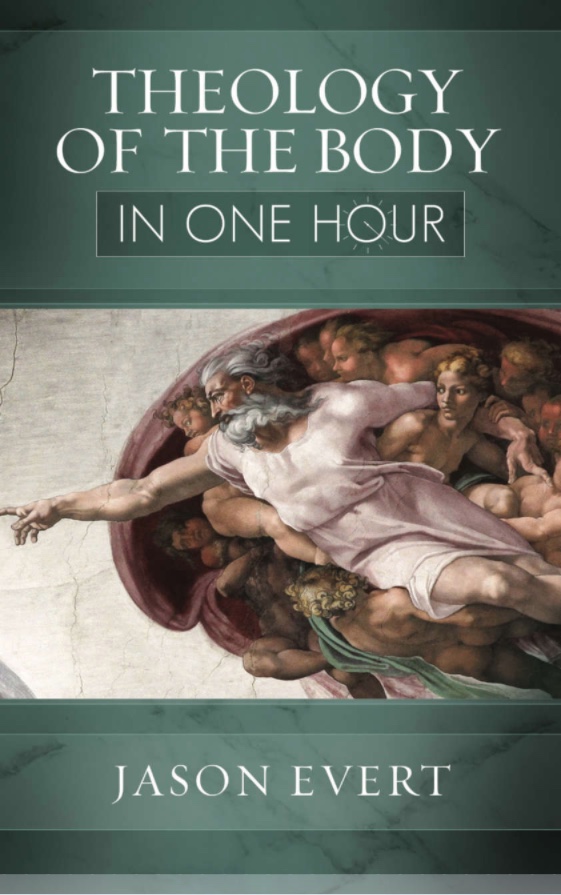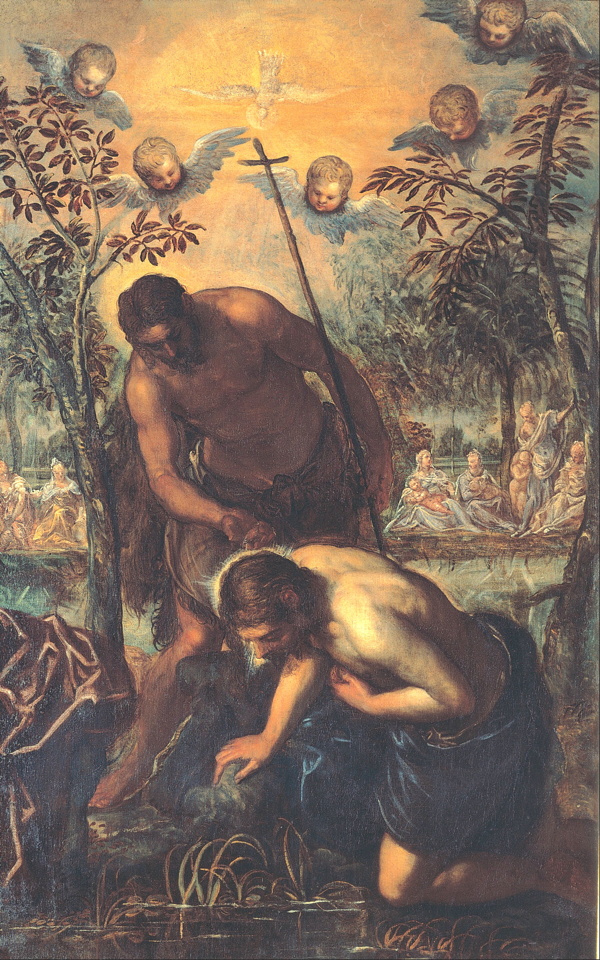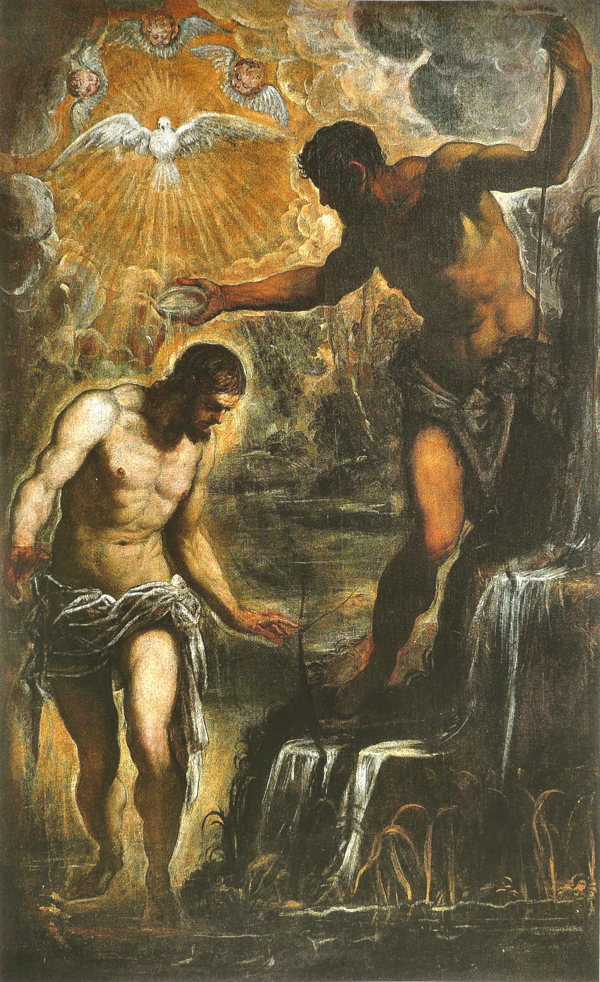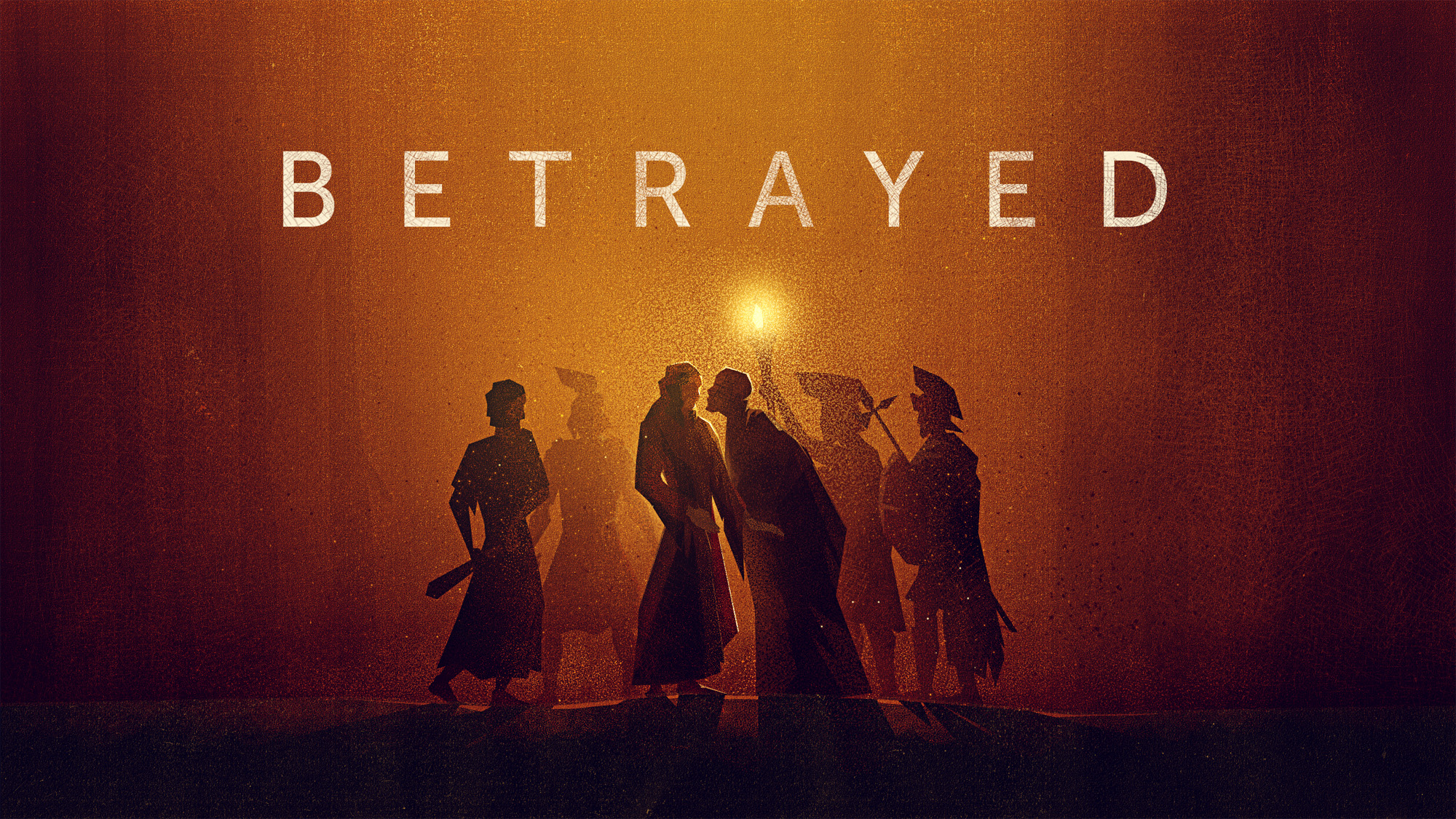

Mohandas Gandhi was known to read the New Testament every day. A British reporter asked him if he intended to become a Christian. Gandhi replied, “Your Jesus I like. If I ever meet a Christian, I will become one.”
-by Don Steiger, pastor of Dakota Ridge Assembly, Littleton, Colorado
“It has been said that there are two reasons why people do not go to church: They do not know a Christian, or they do know a Christian. Several times through the years I have heard people say they are no longer serving God because someone in the church let them down. Our maturity as Christians is put to the test when people disappoint us. No one has gone through life without such experiences.
Several years after I came to Colorado Springs to pastor Radiant Church a fellowship of pastors decided it would be a good thing to bring our churches together for a united worship service. We secured the city auditorium and invited our congregations to gather for a Sunday night service. The response was terrific and the building was packed when we started the worship. The evening went well up to the conclusion of the service. To my surprise, the pastor responsible for the closing prayer departed from the planned order of service and asked all the pastors to come to the front and face the audience. He then said, “If anyone has a grievance against a pastor come forward and work it out.” Billy Graham would have been envious of the response to this altar call. People got out of their seats and moved toward me and my fellow pastors in what looked like a tidal wave of disgruntled parishioners. A line formed in front of me and one by one I listened to their complaints and responded as best I could. This process probably took an hour or two, but it seemed more like an eternity. After it was all over my wife Loretta said, “Don, I don’t know if you realize it, but you had the longest line.” This distinction was not one I wanted when I entered the ministry. I must admit I left that service wounded by the people I had worked so hard to serve.
The apostle Paul also experienced his share of troubling relationships. In his last recorded words Paul includes a listing of several people who played important roles in his life. Some were positive in their influence and some were negative. His response is instructive as we make our way through the variety of relationships life presents to us.
In 2 Timothy 4:9–22, Paul mentions several people by name as he concludes his last epistle. He is writing from a Roman prison cell facing the possibility of martyrdom. Among the names mentioned is a representation of some of the critical relationships we experience in our Christian walk.
First, there was an adversarial relationship—“Alexander the metalworker did me a great deal of harm” (verse 14, NIV). It may be that this person is the Alexander mentioned in Acts 19:33. The idol makers of Ephesus were losing business because of the influence of the church, and incited the city residents against the Christians and their most visible leader, Paul. Consequently, the Jewish community, for fear of being associated with the church, chose Alexander to speak on their behalf. There is also an Alexander mentioned in 1 Timothy 1:19,20. This man’s faith was shipwrecked and Paul delivered him over to Satan that he may be taught not to blaspheme. It is tough enough when unbelievers oppose us, but when a professing Christian does so it is most disheartening. We do not know much about Alexander or the details of his activity, but Paul said he “did me a great deal of harm … because he strongly opposed our message” (verse 14,15).
Responding to an adversarial relationship requires wisdom and prayer. Loving his enemy, and yet guarding himself against Alexander’s attacks, was a skill Paul had acquired in his walk with God. He taught us “Do not repay evil for evil. … Do not take revenge. … ‘It is mine to avenge; I will repay,’ says the Lord. … Do not be overcome by evil, but overcome evil with good” (Romans 12:17–21, NIV). So in response to Alexander’s opposition Paul said, “The Lord will repay him for what he has done” (verse 14, NIV). He rejected a life of resentment and retribution, and gave his hurt to God. Adopting this perspective will prevent the pollution of our spirit when we are tempted to retaliate. Furthermore, Paul protected himself from unnecessary injury by Alexander. He said, “You too should be on your guard against him” (verse 15). Paul was on guard against Alexander, and he advised Timothy to do the same. Loving our enemies does not mean we allow ourselves to be unnecessarily victimized by them.
Second, there was a broken relationship—“for Demas, because he loved this world, has deserted me and has gone to Thessalonica” (verse 10, NIV). Demas was mentioned by Paul in his letters to Philemon and the Colossians as a fellow laborer. Demas’ action at this time was not a matter of opposition; it was a matter of failure. Demas deserted Paul in one of the most difficult moments of Paul’s life, and chose to pursue the things of the world rather than Christ. His timing could not have been worse for Paul. At this point some would throw up their hands and say, “It’s not worth it.” But Paul remained steadfast in his commitment to Christ and healthy in his attitude. The reality is there will be broken relationships resulting from the sins of others. Some times we are unable to repair the damage and are left with the heartache of a friend who chooses to persist in rebellion against God.
Samuel experienced this kind of pain in his relationship with Saul. He did everything he could to help Saul be the man and king God wanted him to be. Unfortunately, Saul repeatedly disobeyed God, and finally the Lord said to Samuel, “How long will you mourn for Saul, since I have rejected him as king over Israel?” (1 Samuel 16:1, NIV). The Lord then sent him to the household of Jesse to anoint David as the next King of Israel. To endure in our Christian faith and service we must be willing to give to God those who have deeply disappointed us and move on.
Third, there was a reconciled relationship—“Pick up Mark and bring him with you, for he is useful to me for service” (verse 11). Mark had disappointed Paul on this first missionary journey. Mark was part of the team, and in Acts 13:13 it states that John (Mark) left them. This departure was early on in the journey and was regarded by Paul as a desertion. When Paul and Barnabas discussed plans for their second missionary trip (Acts 15:36–41) Barnabas suggested taking Mark again. Paul refused and they were unable to agree, so Barnabas took Mark and set out on their own missionary effort. Paul then chose Silas to accompany him on his missionary journey. No doubt it brought great joy to Barnabas and Paul when Mark proved himself to be a reliable coworker in the kingdom of God. It must have been a poignant moment when Paul and Mark reconciled. Clearly they forged a trusted friendship as the years went by, so much so that Paul wanted Mark to be present during his time of suffering.
“As a father has compassion on his children, so the Lord has compassion on those who fear him; for he knows how we are formed, he remembers that we are dust” (Psalm 103:13,14, NIV). Developing a forgiving spirit and a heart for restoration will prevent us from imposing a burden of perfection upon others that neither they nor we can fulfill.
Fourth, there was a faithful human relationship—“Only Luke is with me” (verse 11). For everyone who had let Paul down, several had not. Paul taught us to think on good things. In this text he enumerates some who had brought him heartache, but he also lists the names of others who had consistently strengthened him. In fact, he names more in this category than in the other. He mentions Crescens, Titus, Luke, Tychicus, Priscilla, Aquila, Onesiphorus and his household, Erastus, Trophimas, Eubulus, Pudens, Linus, and Claudia. For each one who fails us there are many who have not. We tend to respond to the failures of a few by concluding that no one is trustworthy.
Luke stands out as one of Paul’s closest and most trusted friends. Some even speculate that Paul’s statement, “Only Luke is with me,” indicates that Luke made himself a legal slave to Paul so he could enter the prison and minister to him. This seems possible given the record of Luke’s loyal friendship with Paul.
Even the best friendship, however, is flawed by our humanity. Notice what Paul said in verse 16, “At my first defense, no one came to my support, but everyone deserted me.” When Paul was taken into a Roman courtroom there was not a single Christian present to support him. Even Luke was not there. Paul felt deserted in his greatest hour of need. What will he do— how will he respond? He could have been overcome with disappointment or anger, but amazingly he was not. He concluded verse 16 by saying, “May it not be held against them.”
Even the most mature saint will sometimes disappoint others. It may not be by grievous sin, but by not meeting their expectations. Being human we sometimes grow weary and cannot do any more in a given situation, or we misjudge what our involvement should be, or the offended party misunderstands us. These human episodes teach us mercy. When we feel disappointed in someone else we should remember that others have been disappointed in us. Hopefully we can respond with the gracious prayer “May it not be held against them.” Jesus gave us the example when on the cross He prayed, “Father, forgive them for they do not know what they are doing” (Luke 23:34, NIV).
Last, there was a faithful divine relationship—“But the Lord stood at my side and gave me strength, so through me the message might be fully proclaimed and all the Gentiles might hear it. And I was delivered from the lion’s mouth” (verse 17). The faithfulness of God is absolute. I think sometimes He allows circumstances to arise in which we feel disappointed in people to test our dependence on Him. Without question, He has designed the body of Christ to be a sustaining influence for every believer, but our dependence on people can reach unhealthy proportions. Jesus Christ is the author and perfecter of our faith and when we can look beyond the failures of men and remain faithful to God, we have reached an important level of maturity in Christ that contributes strength to the rest of the Body. How we relate to people should be the result of our relationship with Christ. When our relationship with Christ depends on the performance of people, our faith is in peril.
The moment when Paul felt all had deserted him was a critical moment in his walk with God. It was also a critical moment in his service to Jesus Christ. By not giving in to the disappointment, he experienced the empowering presence of Christ and was able to fully accomplish the proclamation of the gospel to the Gentiles in a hostile Roman courtroom. If he had given in, his heart would have been deeply wounded and an important opportunity lost.
“God has said, ‘Never will I leave you; never will I forsake you.’ So we say with confidence, ‘The Lord is my helper; I will not be afraid. What can man do to me?’ ” (Hebrews 13:5,6).”
Love,
Matthew





